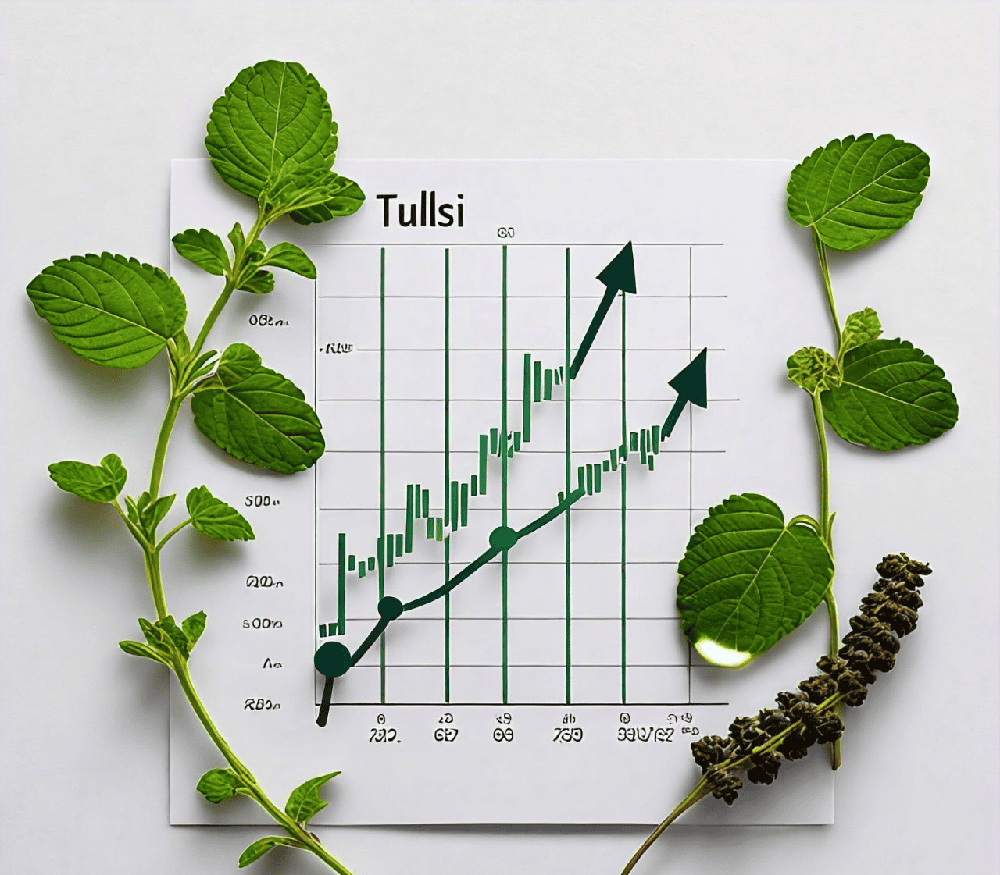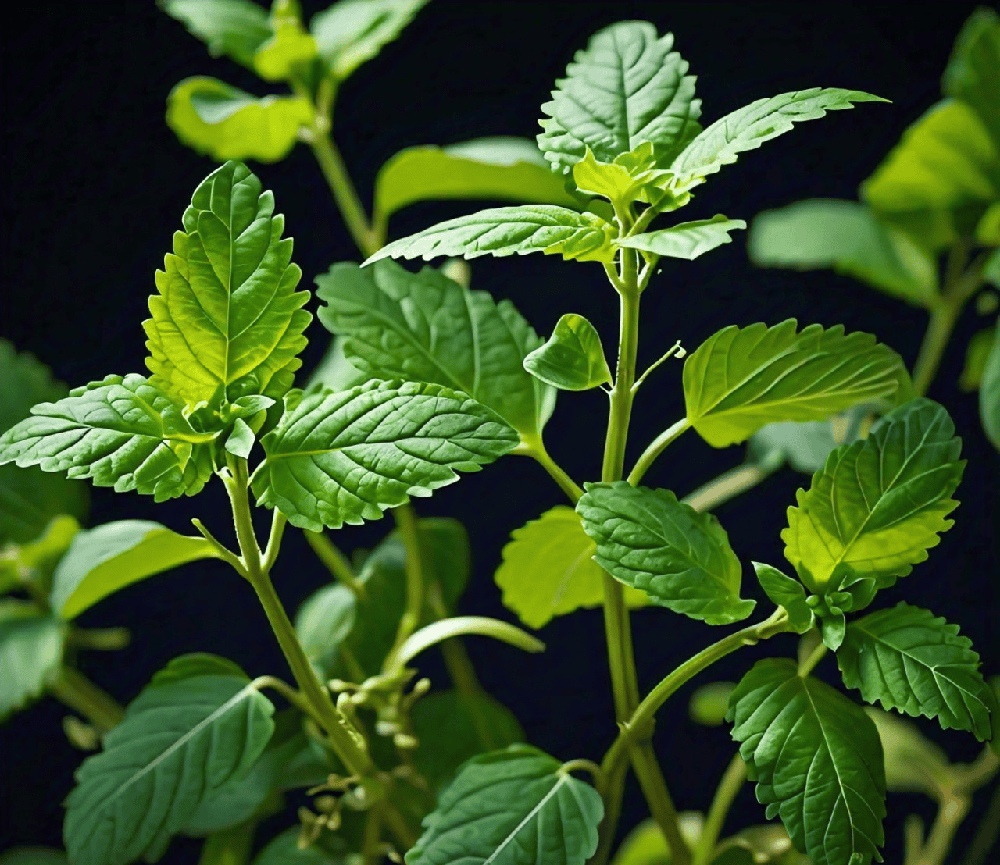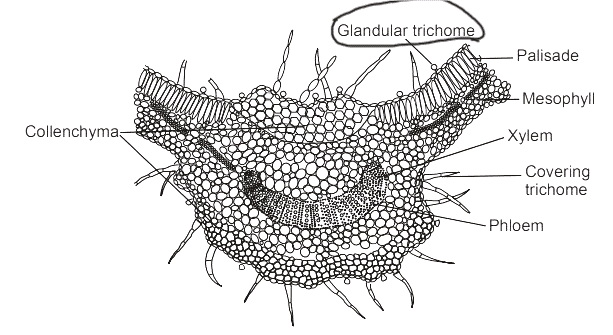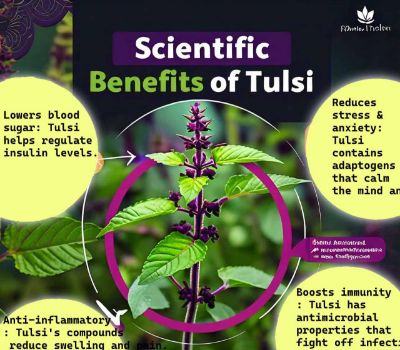Tulsi, also known as Holy Basil, has been revered for centuries in traditional Ayurvedic medicine for its numerous health benefits. However, recent scientific research has shed light on the molecular mechanisms underlying its medicinal properties, solidifying its position as a valuable herb in modern medicine.
Antioxidant Properties

Tulsi contains a plethora of antioxidants, including flavonoids, phenolic acids, and volatile oils, which collectively combat oxidative stress and inflammation. A study published in the Journal of Ethnopharmacology found that Tulsi extract exhibited significant antioxidant activity, scavenging free radicals and reducing lipid peroxidation (1).
Anti-Inflammatory Effects

Tulsi's anti-inflammatory properties have been extensively studied, with research suggesting its potential in mitigating chronic diseases like arthritis, diabetes, and cardiovascular disease. A study in the Journal of Inflammation found that Tulsi extract suppressed pro-inflammatory cytokines, reducing inflammation in mice with colitis (2).
Antimicrobial Activity

Tulsi's antimicrobial properties make it an effective natural remedy for wound healing and infection prevention. A study in the Journal of Ethnopharmacology found that Tulsi extract exhibited significant antibacterial activity against E. coli, S. aureus, and P. aeruginosa (3).
Anxiolytic and Adaptogenic Effects

Tulsi has been traditionally used to alleviate stress and anxiety. Scientific research has validated its anxiolytic effects, with studies suggesting its potential in reducing cortisol levels and improving mood. A randomized controlled trial published in the Journal of Ayurveda and Integrative Medicine found that Tulsi supplementation reduced stress and improved sleep quality in individuals with chronic stress (4).
Cancer Prevention
Tulsi's chemopreventive properties have been investigated in various studies, with evidence suggesting its potential in preventing cancer cell proliferation and inducing apoptosis. A study in the Journal of Nutrition and Cancer found that Tulsi extract inhibited breast cancer cell growth and induced cell death (5).
Conclusion
The scientific evidence supporting Tulsi's medicinal properties is overwhelming. From its antioxidant and anti-inflammatory effects to its antimicrobial and adaptogenic properties, Tulsi has proven itself to be a valuable herb in modern medicine. As research continues to unravel the molecular mechanisms underlying its benefits, Tulsi is poised to become a staple in integrative healthcare. Whether consumed as a tea, supplement, or incorporated into daily cooking, Tulsi is an accessible and natural way to promote overall health and wellbeing.
References
(1) Journal of Ethnopharmacology
(2) Journal of Inflammation
(3) Journal of Ethnopharmacology
(4) Journal of Ayurveda and Integrative Medicine
(5) Journal of Nutrition and Cancer


